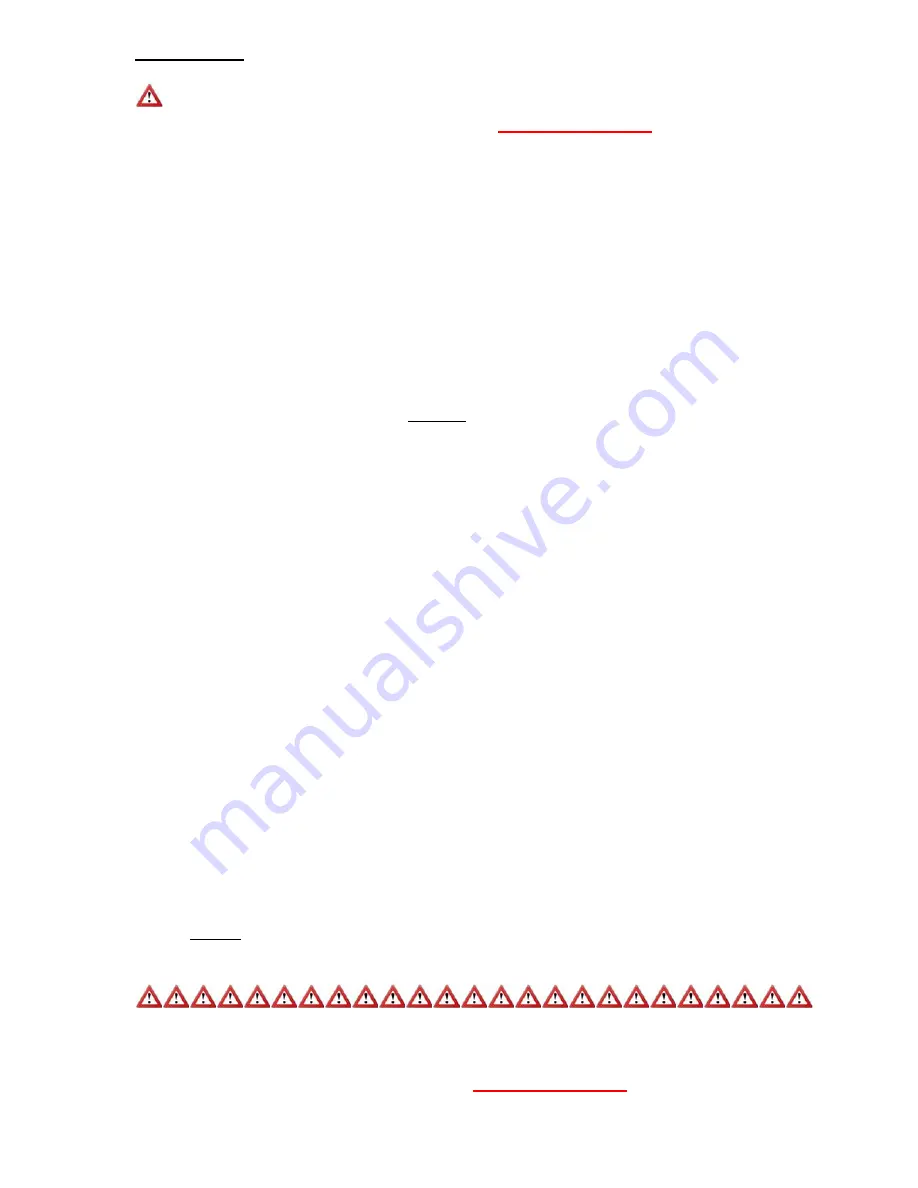
Maintenance
Clean out ash!!
Moisture combined with ash will eat through a furnace in
short order and ash or/and coal corrosion IS NOT COVERED under warranty.
Green wood can also cause a lot of water to get into the ash area as well, so keep a
sharp eye on that.
With our grate and ash door, you can remove the ashes while the fire is still burning.
Creosote
– Formation and Need for Removal:
When wood is burned slowly, it produces tar and other organic vapors, which combine
with expelled moisture to form creosote. The creosote vapors condense in the relatively
cool chimney flue of a slow-burning fire. As a result, creosote residue accumulates on
the flue lining. When ignited, this creosote makes an extremely hot fire.
The chimney should be inspected at least once a month during the heating season to
determine when a creosote buildup has occurred. When creosote has accumulated, it
needs to be removed to reduce the risk of a chimney fire.
All creosote and ash must be cleaned from firebox twice a year, preferably halfway
through the heating season and immediately after the heating season.
Steam escaping from door - Door Seals
Periodically, during the heating season, check the sealing of the silicone seal. The
silicone seal withstands high heat and molds itself to the shape of the door, providing an
excellent seal that won’t deteriorate like a rope seal. High temperature silicone can be
purchased in a tube, from an automotive supply house, to repair/replace the silicone
seal.
END OF SEASON:
• Power: Turn off power supply at the appropriate circuit breaker
• Chimney: Clean and inspect chimney.
Cap the chimney to keep rain water out.
• Firebox & Ash trough: Remove ashes, soot, and hardened deposits from the fire
chamber by using putty knife or wire brush. Coat inside of firebox with a light coat
of motor oil to protect the steel during the off-season.
• Doors: Oil door hinges and latches.
• Plumbing: Ensure fittings on both ends of tubing are tight at all locations.
• If antifreeze is not being used, the water jacket must be drained and flushed yearly
right
before
each heating season. Always dispose of antifreeze according to state and
local codes. The water testing company will advise if you can leave the old water in.
Moisture from rain or condensation must not be allowed to accumulate in the
firebox or ash pan at any time, including the off-season. Failure to perform
preventive maintenance may result in corrosion damaging the boiler resulting in
possible severe property damage. This IS NOT COVERED under warranty.
43








































